Personalization is applied in AI generation.
In this race, each brand is pursuing its own strategies. Specifically, L'Oréal is collaborating with IBM and Nvidia to build an AI-generated content lab with the strategic goal of "L'Oréal for the Future." Accordingly, by 2030, the majority of L'Oréal's product formulas will be developed from bio-derived ingredients and adhere to a circular economy model.
Melissa Alcocer, founder and director of market research firm Inluxury, stated: "Traditional AI and generative AI are different. Traditional AI only analyzes data and supports automation, while generative AI creates content based on the analyzed data, thereby forming product ideas, media content, and personalized recommendations and care processes. It's integrated creativity and utility." This is an intelligent synthesis of many conventional product development processes, which are often very time-consuming for brands. But with generative AI, content about trends, product formats, market access, and personalization for each customer segment is specifically oriented.
Guilhem Souche, senior advisor at Sthrive.AI and former CEO at L'Oréal, Parfums Christian Dior, and Coty, stated: "The beauty industry has unique opportunities to leverage this technology, especially in personalization, content creation, and consumer engagement." He cited the success of Coty, a beauty brand that has been experimenting with AI generation since 2021. To date, Coty claims to be able to generate up to 1,000 marketing pieces in minutes, personalized to each platform and market.
The analytical, synthesizing, and creative power of AI is attracting significant attention from brands. Specifically, Estée Lauder has partnered with Microsoft to apply AI to shorten product development cycles. Unilever has internally deployed over 500 AI tools across its supply chain, research, development, and marketing systems. Meanwhile, ELF Beauty is experimenting with various GenAI applications, including features for optimizing voice search, campaign generation, and augmented reality (AR) technology.
Melissa Alcocer argues that the impact of generative AI technology is clearly and effectively demonstrated in the retail chain. Consumer interest in generative AI extends beyond digital touchpoints to unique personalized experiences. For example, AR mirrors can contribute to a 30% increase in shopping cart value. Using AR mirrors, consumers can see personalized interfaces, choose their own suitable color palettes, and receive real-time diagnoses tailored to each user's data.
In fact, AI is increasingly integrated into the retail and marketing processes of brands. Therefore, the competitive advantage of brands no longer lies solely in owning the technology, but also in how they implement and apply it. Platforms that are easy to use, synchronize, and localize in real time have a greater competitive advantage.
BAO LAM (According to Jingdaily)
Source: https://baocantho.com.vn/cac-nhan-hang-my-pham-ung-dung-ai-trong-canh-tranh-a188716.html


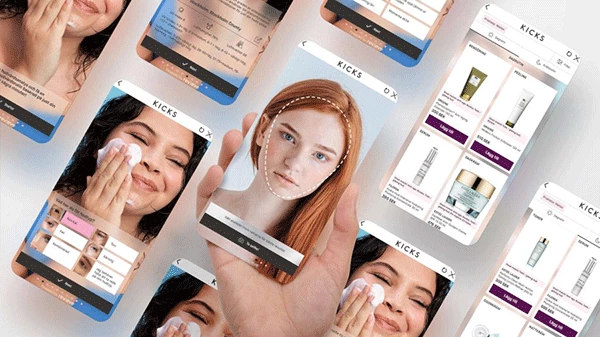






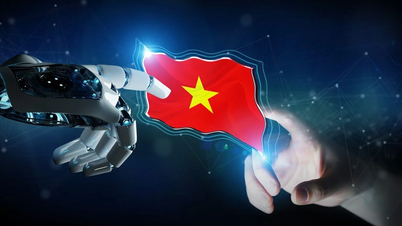

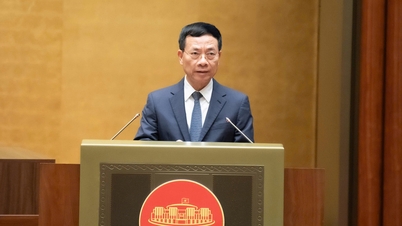

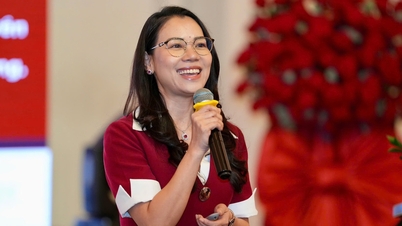



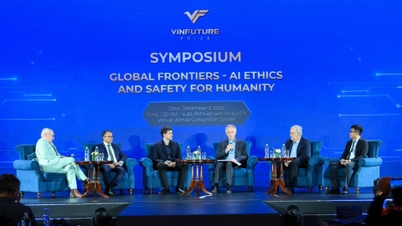

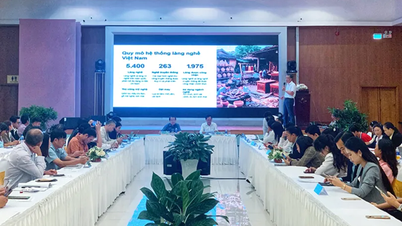






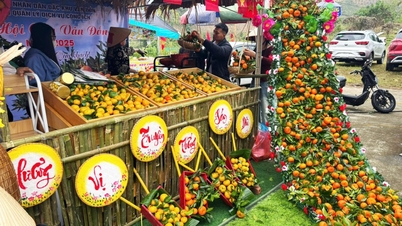





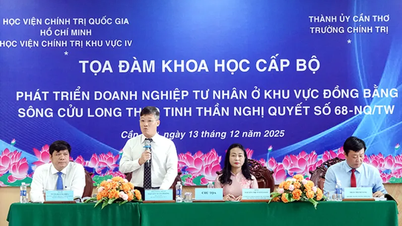
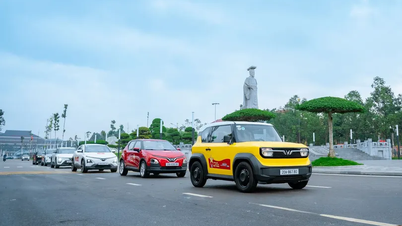
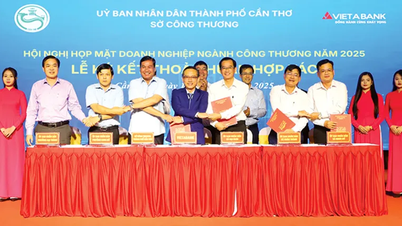

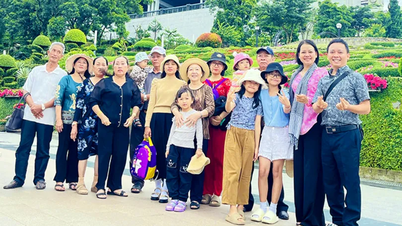





































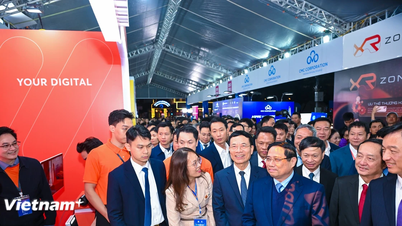



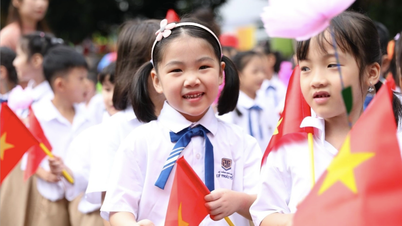


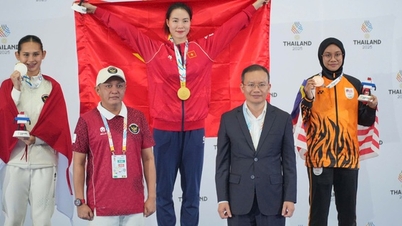

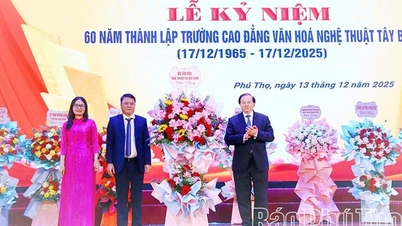
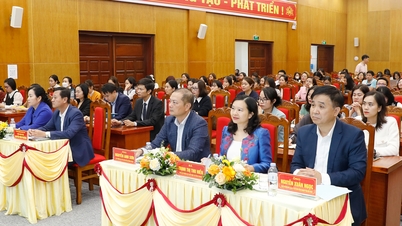

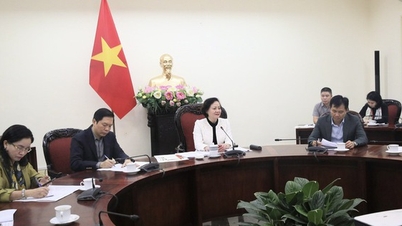

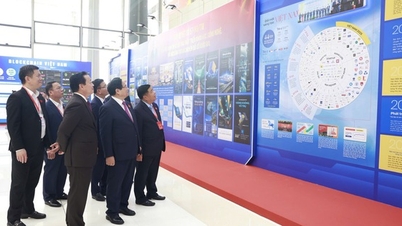




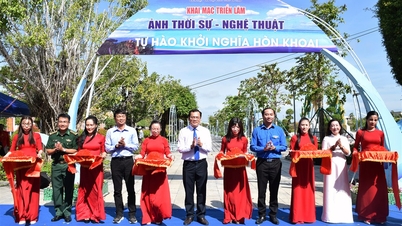
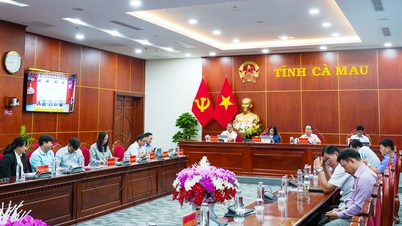
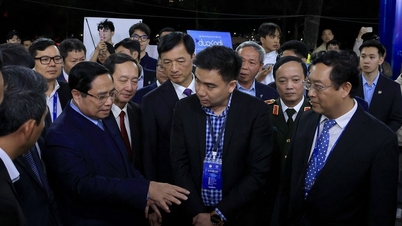











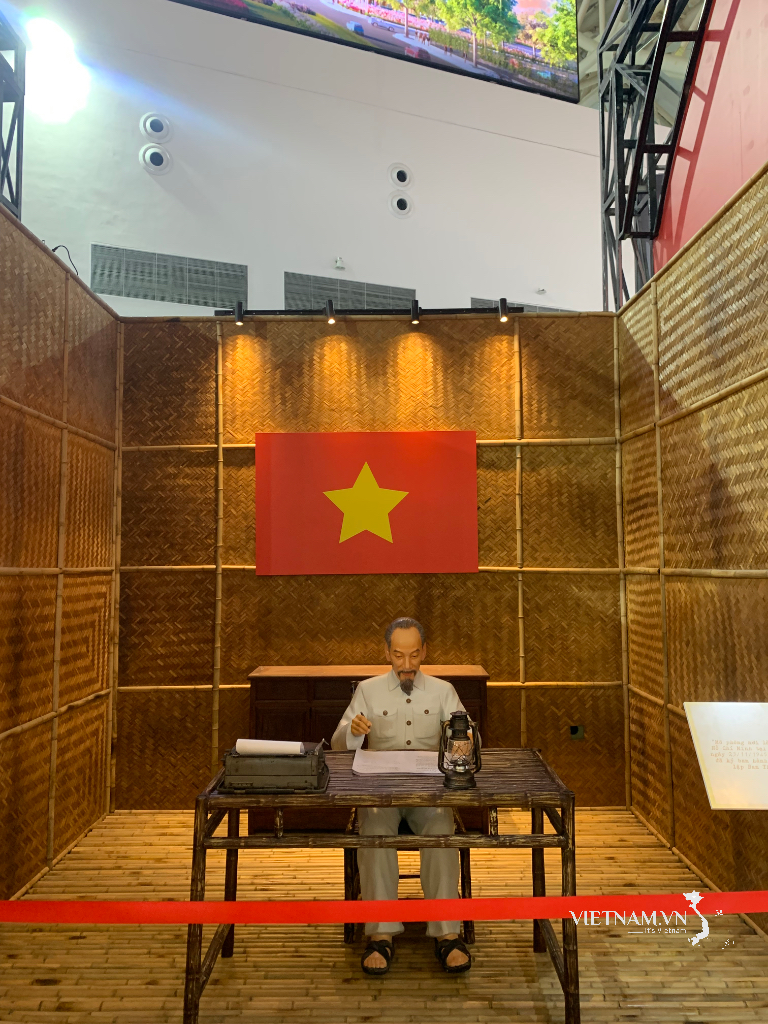

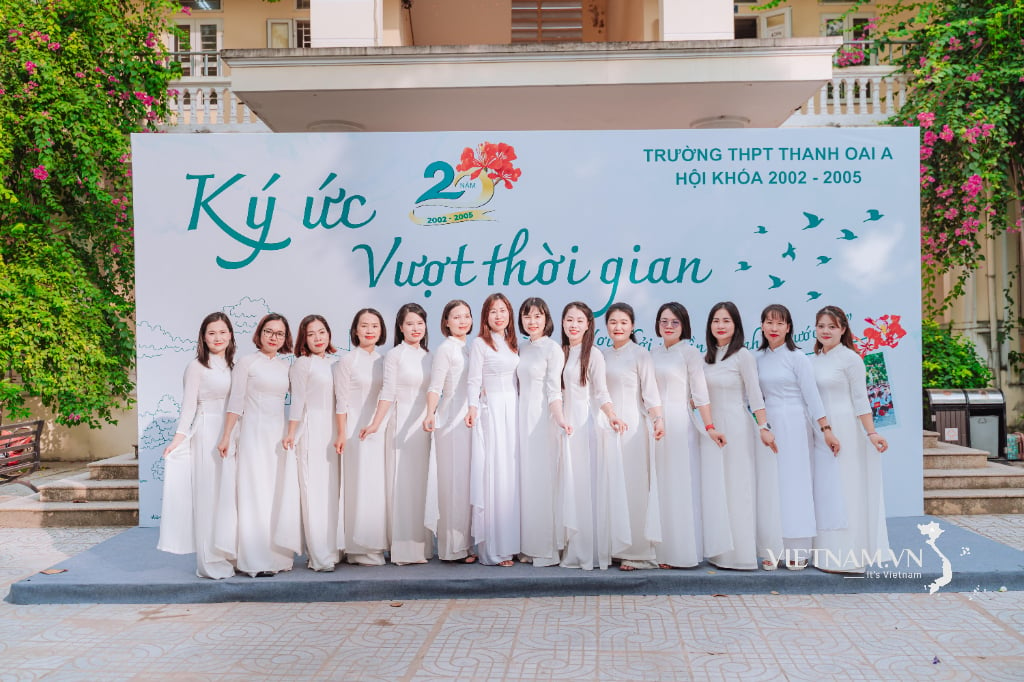

Comment (0)